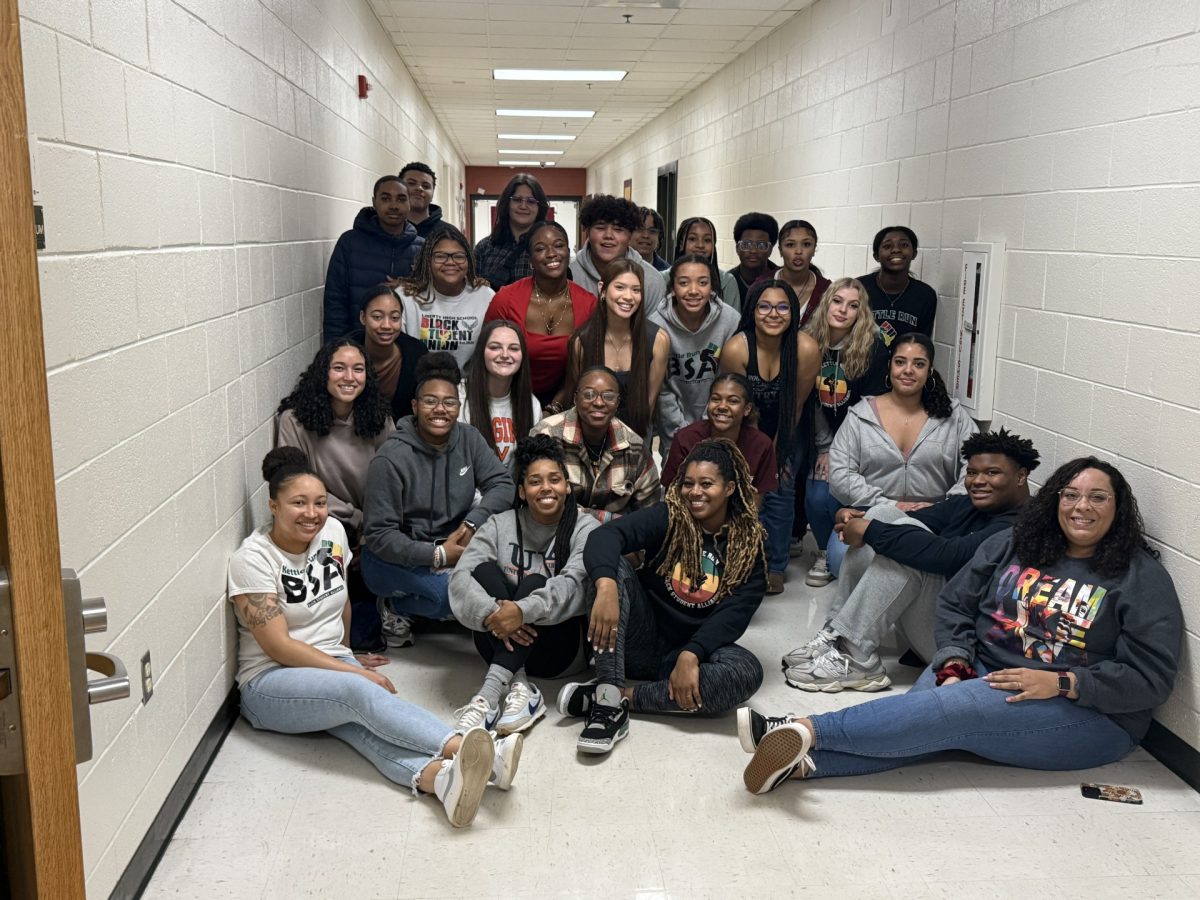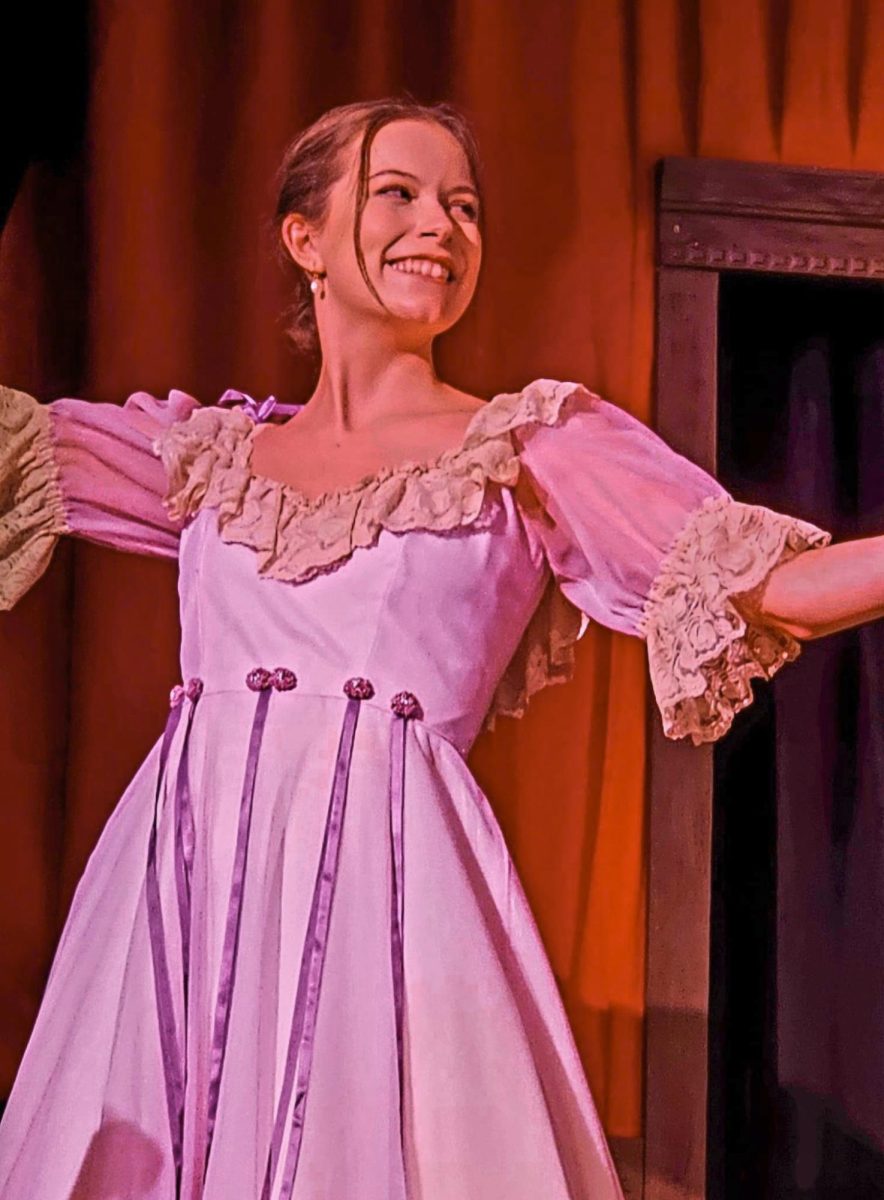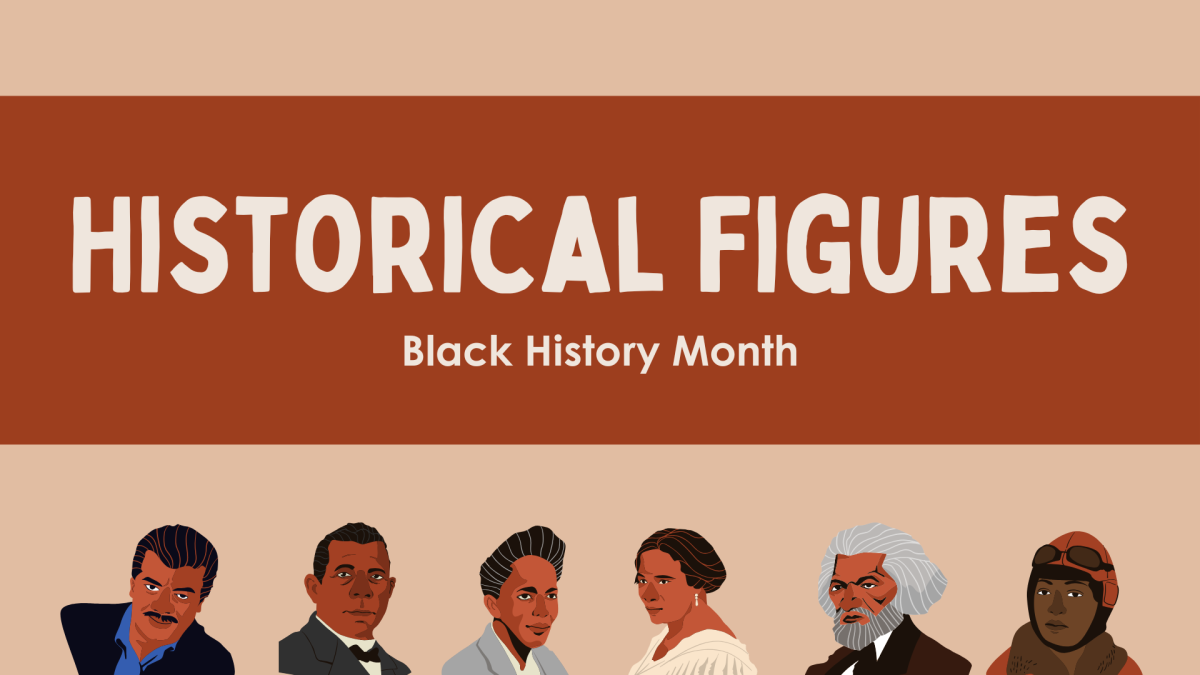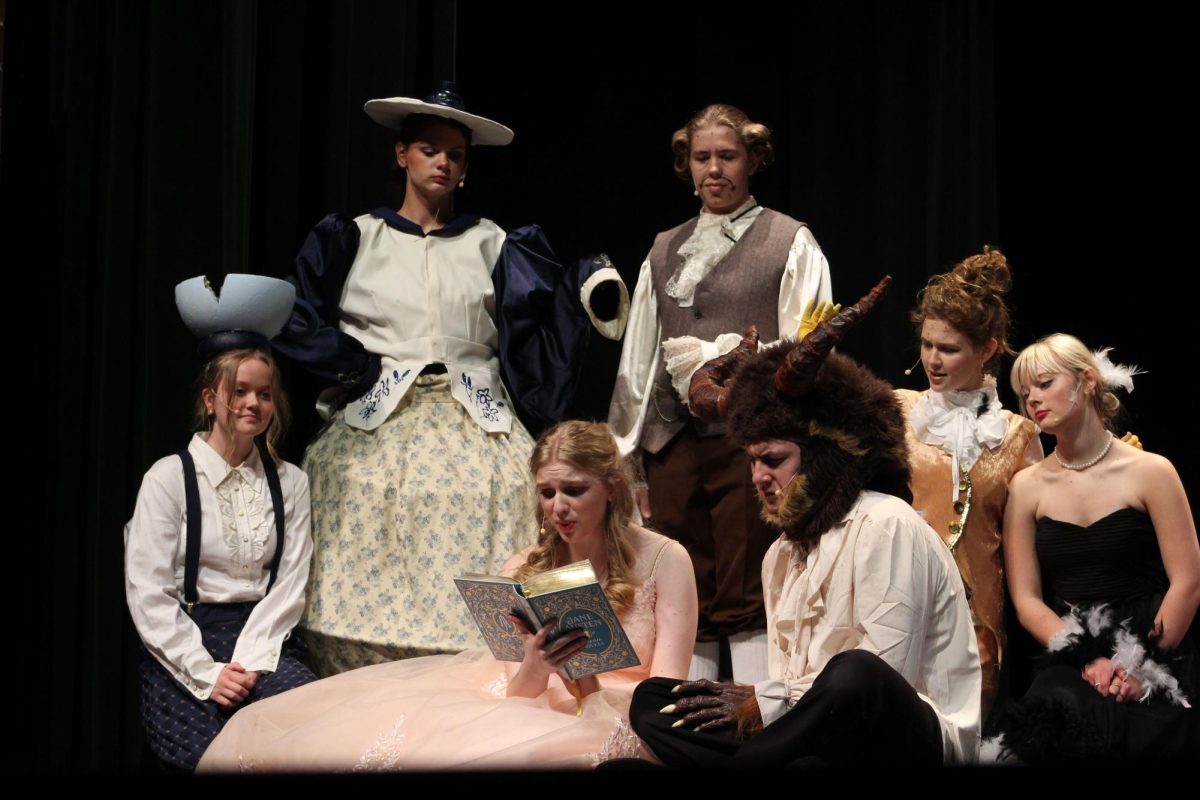What Happens After the Big Test?
Teachers share secrets on how to keep class engaged after SOLs
February 6, 2019
For many classes, the big SOL test can sometimes feel like the culmination of lots hard work and learning. That feeling, however, is misguided considering how there is still a month of school left.
The Virginia Standards of Learning outline what every student in Virginia should learn in certain subjects, such as Math and Science, and checks the progress through SOL tests. For teachers, getting in all the material before the long awaited, and for some, long dreaded test, can be a challenge. However, what they do after the big test with still a month of school left can a challenge to figure out too.
One teaching objective to accomplish after SOL would be to cover content that will get the students ahead in the next level. This works especially well for cumulative subjects like math.
Math Teacher Kurt Mergen teaches a variety of math SOL courses, including Algebra and Geometry.
“I’ll teach the students fundamentals for the next course,” Mergen explained. “I’ll teach enrichment topics that aren’t part of the VA Standards, or we’ll take the time to do activities and applications we weren’t able to before the SOL deadline.”
Chemistry teacher Julie Wendlberger tries to end her course with a real-world application unit.
“I start a new unit on Forensics,” Wendlberger said. “It is interesting to students and demonstrates real world applications of chemistry, biology and earth science.”
Biology teacher Lisa Evans also starts new lessons that interest students in her Honors Biology class.
“If time permits, we do dissection of a rat,” Evans said. Evans also believes that there can be a few free days in class after the SOL.
“I give my students a few free days to make up work or study for upcoming SOLs,” Evans explained. “This also allows them to get caught up without adding stress to this busy time of year.”
Mergen believes that, once free from the restrictions that “teaching to the test” can place on teaching, teachers enjoy more freedom in teaching the subject.
“I think it’s a perfect opportunity for them to share their passions about their content area, or ask the students what they would like to learn before the end of the course,” Mergen said.
The new final exemption policy allows students who have passed their SOL to be exempt from their final. While most teachers don’t see how this would change the way they teach class after the SOLs, some see a decline in student effort after SOLs.
History teacher Mary Harper does project based learning after SOLs, but has noticed its effectiveness decrease after the new policy.
“Traditionally, students knew that putting effort into the projects after SOLs could be the “bump” they needed to earn a B for the year and therefore being exempt,” Harper said. “Without that incentive, students are displaying a lack of motivation…to the point that I have heard several students saying that they aren’t going to do it because they know they will still pass the class. If this continues, I may have to abandon the projects and go back to instruction and test/quiz assessments.”
Junior Joseph Randall knows what Mrs. Harper is talking about.
“I’ve heard a lot students talking about not putting effort because they’ve passed their US History SOL,” Randall said.
Despite the concerns, teachers will still do their best to pass on their knowledge of the subject to their students.
“I have taught 3 SOL courses and you never really manage to cover everything before the SOL,” Wendlberger said, “There is always more to learn!”






















